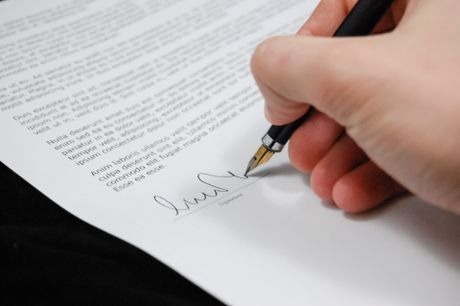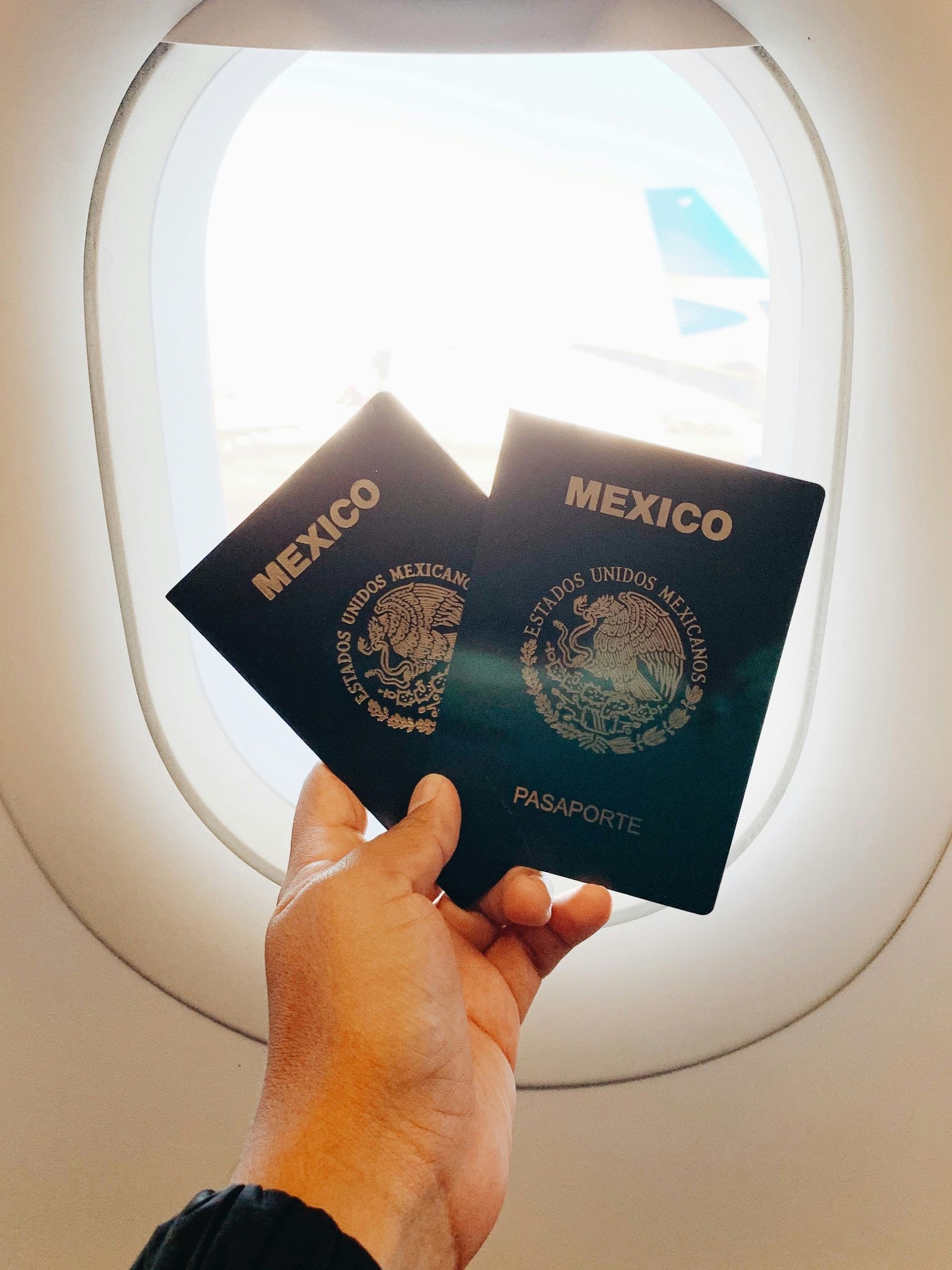How Remote Online Notarization (RON) is Transforming the Notary Industry
This is a subtitle for your new post
In an increasingly digital world, it was only a matter of time before traditional notarization underwent a transformation. Enter Remote Online Notarization, or RON for short. RON has quickly become a preferred method for notarizing documents, offering a secure, efficient, and highly convenient option for individuals and businesses alike. Whether you’re closing a real estate deal, signing a legal document, or finalizing an important contract, RON allows you to get your documents notarized without ever leaving your home or office.
In this blog post, we’ll explore what Remote Online Notarization is, how it works, and why it’s rapidly changing the landscape of the notary industry.
What is Remote Online Notarization (RON)?
Remote Online Notarization is a process where a notary public notarizes a document electronically using an audio-video platform. The signer and the notary don’t need to be in the same physical location; instead, they connect over a secure, live video call where the notary verifies the signer’s identity, witnesses the signature, and affixes their notarial seal—all in a digital format.
The process is legal and recognized in many states across the U.S., thanks to advancements in technology and updated notary laws. RON is particularly useful for people who may not be able to attend an in-person appointment, whether due to scheduling conflicts, health concerns, or simply the convenience of conducting business from anywhere in the world.
How Does RON Work?
The process of Remote Online Notarization is relatively simple and user-friendly, but it does involve several important steps to ensure security and compliance. Here’s how it works:
- Identity Verification: Before the notarization begins, the signer’s identity must be verified. This is typically done using a two-step process. First, the signer presents a government-issued ID via their computer or smartphone camera. The system scans the ID and checks it against databases to ensure its validity. Second, the signer answers a series of knowledge-based authentication questions (similar to those used for credit checks) to further verify their identity.
- Audio-Video Session: Once the signer’s identity is confirmed, the signer and the notary connect via a secure, live video call. The notary witnesses the signing of the document just as they would in an in-person appointment. This video call is recorded and stored to provide an additional layer of security and proof of the transaction.
- Electronic Notarization: After witnessing the signature, the notary electronically signs the document and applies their digital notarial seal. This seal is cryptographically secured, meaning it cannot be altered or tampered with. The document is now officially notarized and can be used just like any traditional notarized document.
- Document Delivery: The notarized document is then delivered to the signer electronically. In many cases, the document can be downloaded immediately, allowing for faster completion of time-sensitive transactions.
The Benefits of RON
Remote Online Notarization isn’t just about convenience—it offers a range of benefits that make it an attractive option for many people. Let’s look at some of the key advantages of using RON:
- Convenience: Perhaps the most obvious benefit of RON is that it allows you to notarize documents from anywhere. Whether you’re at home, in the office, or traveling, you can get your documents notarized without the need for an in-person appointment. This is especially helpful for people with busy schedules, mobility issues, or those living in remote areas.
- Faster Turnaround: With RON, there’s no need to schedule a time to meet with a notary in person, which can sometimes lead to delays. Documents can be notarized and sent electronically in a matter of minutes, speeding up the entire process. This is particularly beneficial for industries like real estate, where time is often of the essence.
- Security: RON platforms use advanced encryption and identity verification methods to ensure that the notarization process is secure. The recorded video session provides additional proof of the transaction, which can be crucial in preventing fraud or resolving disputes. Additionally, digital documents are often more secure than their paper counterparts, which can be lost or damaged.
- Accessibility: RON opens the door for people who might otherwise have difficulty accessing notary services. Whether you live in a rural area, have limited transportation options, or have health concerns that make in-person meetings difficult, RON allows you to access notary services without any of the traditional barriers.
- Environmental Impact: Because RON eliminates the need for physical paper documents, it also helps reduce waste. Fewer trips to a notary’s office mean fewer emissions, and less reliance on paper means fewer trees cut down for documents. It’s a small but meaningful way to reduce your carbon footprint.
Industries That Benefit Most from RON
Remote Online Notarization is useful for a wide variety of industries, but there are a few sectors where it has really taken off:
- Real Estate: Real estate transactions often require multiple documents to be notarized, from deeds and titles to closing statements. RON speeds up the closing process and makes it easier for buyers and sellers to finalize deals, especially in situations where one party is out of state or unavailable to meet in person.
- Legal Services: Attorneys and legal professionals regularly need to notarize affidavits, powers of attorney, and other legal documents. RON makes it easier to get these documents signed and notarized without disrupting the client’s schedule.
- Financial Services: From loan agreements to mortgage documents, financial institutions often rely on notarization to finalize deals. RON allows banks and lenders to streamline their processes, offering clients a faster and more convenient way to sign important documents.
- Healthcare: In the healthcare sector, RON can be used to notarize documents such as medical powers of attorney and advance directives. This is especially useful in urgent situations where time is critical.
Legal Considerations for RON
While RON is legal in many states, it’s important to understand the specific laws governing remote notarization in your area. Some states have implemented permanent RON laws, while others may allow RON on a temporary basis or only under certain conditions. Additionally, certain types of documents may not be eligible for RON in some states, so it’s important to check local regulations before proceeding.
At ANF Signings, we stay up-to-date on the latest RON laws and ensure that all notarizations comply with state regulations. Whether you’re a real estate professional, legal expert, or individual needing a one-time notarization, we’re here to guide you through the process and ensure everything is done correctly.
The Future of Notarization
As technology continues to evolve, it’s likely that Remote Online Notarization will become the new standard for notarizing documents. The convenience, security, and speed of RON make it an attractive option for individuals and businesses alike. At ANF Signings, we’re proud to be at the forefront of this shift, offering cutting-edge notary services that keep pace with the digital world.
If you’re interested in learning more about how Remote Online Notarization can simplify your life, don’t hesitate to reach out to us. We’re here to answer your questions, guide you through the process, and provide the notary services you need—whenever and wherever you need them.













